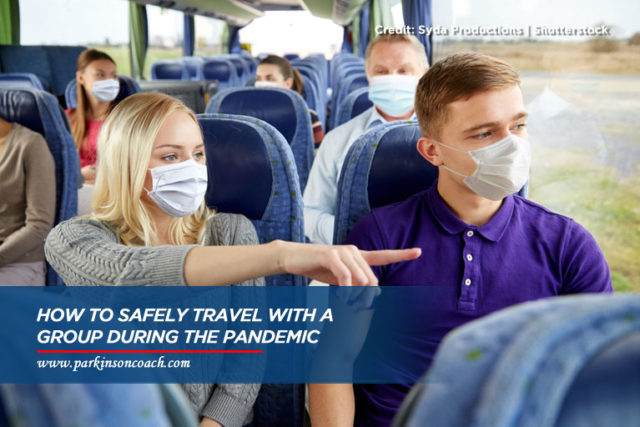Since COVID-19 spread around the world, travelling has become daunting. However, it’s not entirely impossible. Taking extra caution is a must—from deciding your destination and mode of transport to complying with safety measures and local guidelines.
To help you ease your mind and prepare, we’ve rounded up some tips for you and your group to have a safe trip during the pandemic .
Keep Your Plans Simple
If possible, avoid public transportation or transfers. Travelling by car is the safest. It’s also incredibly convenient since you can take a drive-by tour around your destination. If you plan to go sightseeing without your own vehicle, just make sure to choose local excursions that do not require the use of public transportation. While travelling with a group, renting a local bus may be the best option. Coach buses have ample space and may come equipped with entertainment options and their own lavatory.
Go by air only if the airline allows middle seat blocking. If it’s necessary for you to travel by plane, remember that a nonstop flight is safer than those with layovers, since there are fewer chances of being exposed to the virus. Take note: prioritize safe trips during the pandemic .
Road Travel Tips:
|
Know Your Destination
Before you and your group travel amid COVID-19 , plan your destination first. Check if you need quarantine when you arrive at your chosen stop. Planning ahead gives you the opportunity to lay out all potential destinations you want to visit. It’s also important to find out if these places are open for tourists, and if they have safety protocols in place.
It’s also ideal to study the route you prefer to drive, so that you won’t be distracted looking at the map for directions. A safer option is to have a GPS tracker installed. Check the location of gasoline stations and rest stops along the way. Plan your route to minimize the number of stops you make so you can avoid other travellers. Respect any local restrictions implemented in the destination you’re going.
Choose Transportation Options That Are Flexible
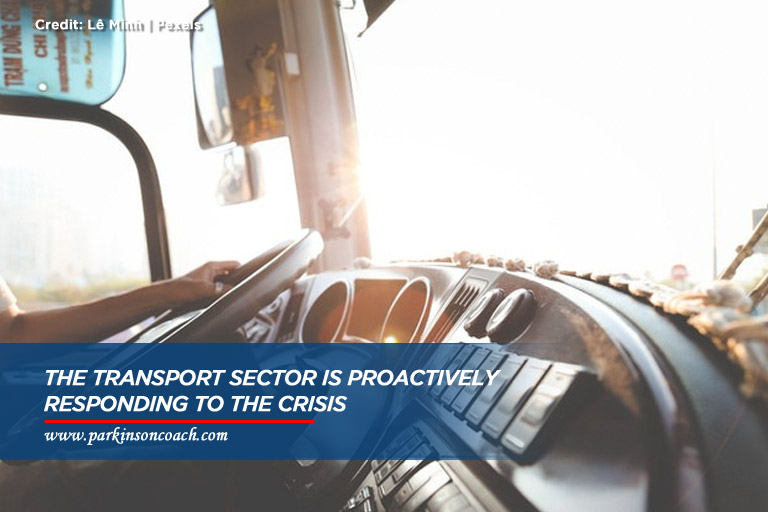
When it comes to your transportation planning this pandemic, flexibility is a must. You may probably have a small group of people travelling together, so choosing a small-scale transportation method—a minibus or sprinter van—is ideal. You can also choose a larger-scale travel option, like a charter bus, if your group members prefer to keep a distance from each other. A full-sized charter bus allows staggered seating arrangements.
These arrangements and requests are justifiable. No matter what you need, make sure to reserve with a bus rental provider of your choice. Parkinson Coach Lines, for example, offers sanitized bus rentals, and works with clients to impose safety measures during onboarding throughout the trip. From mandatory wearing of face masks for both passengers and drivers, to temperature screenings before onboarding.
Reduce Rest Stops
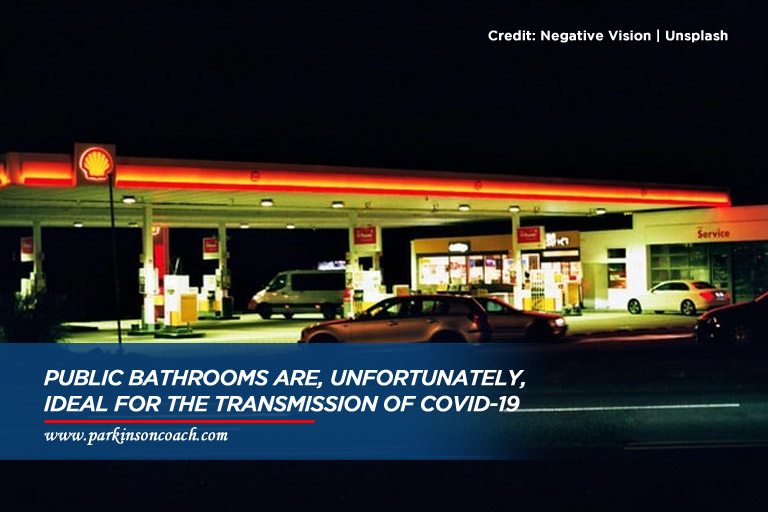
In order to reduce virus exposure and limit interactions, try minimizing the number of rest stops as you and your group make the trip. Instead of lining at fast food shops, it is better to bring your own snacks and drinks to take while on the road. Encourage your companions to pack their own snacks, as well. If you go on a trip via a motor coach, ask the bus rental company for one that contains an onboard lavatory. This will be convenient for everyone without having to leave the bus.
Select Your Accommodations Carefully
When choosing your lodging, be sure it’s well-ventilated. While proper indoor and outdoor air exchange cannot fully eliminate the risk of COVID-19 exposure, it is still a crucial part of the larger strategy, together with social distancing and the wearing of masks. Look for accommodations with a balcony or terrace, or at the very least, a place that will allow you to open the windows wide.
Stay in hotels or Airbnbs with fully functioning HVAC systems. While air-conditioning recirculates the same air within the area many times, reputable establishments clean and disinfect the rooms thoroughly, minimizing the risk. Be sure to wash your hands, avoid touching your face, and follow respiratory etiquette.
Review Lodging Regulations
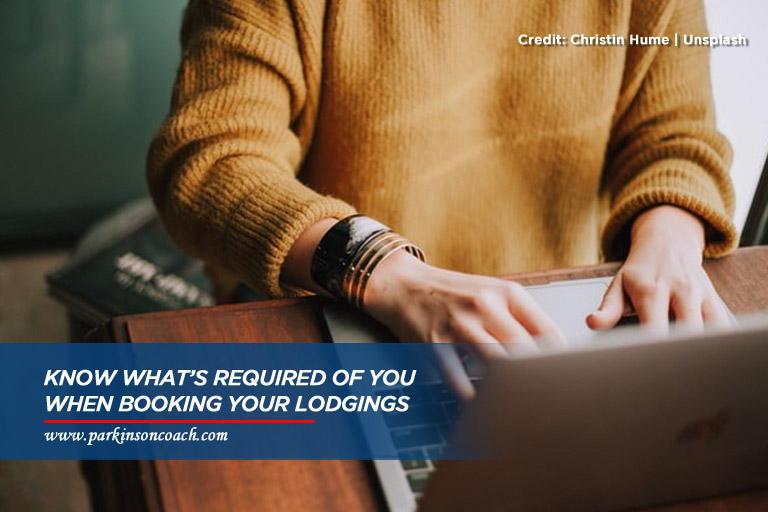
Different hotels and Airbnbs globally have established visitor requirements. Wearing of masks upon check-in or during the entire stay is a requirement in some establishments. Others may also restrict the number of guests or duration of occupancy. When booking your stay at a hotel, make sure to ask about reserving a block of rooms for your group to reduce interactions with other travellers within the hotel. This is a crucial step to stay safe while travelling .
Consider Outdoor Activities
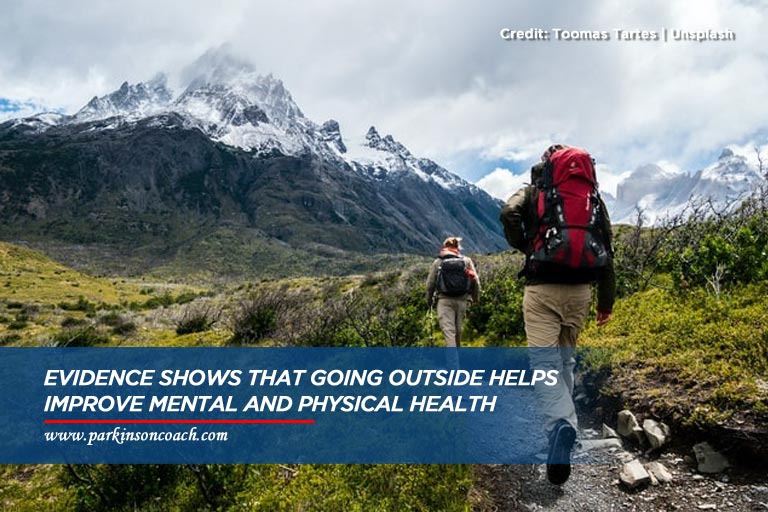
When you are outside, air is constantly moving, scattering droplets, so the transmission risk is low. In addition to reduced exposure, there are also other benefits. Being outdoors, especially in nature can:
- Give you an emotional boost
- Make you feel less anxious
- Reduce feelings of stress or depression
- Calm your nerves so you feel less irritated or angry
- Give you adequate amounts of vitamin D
You and your group can go for walks along the shoreline, hikes in the mountains or hills, bike rides, and jogs. Plus, nature has the ability to recharge your batteries when you let yourself slow down.
Nearly all respiratory viruses transmission occurs indoors, so refrain from eating inside crowded restaurants, as much as possible. If they have outdoor tables, then choose those. Regardless of the activity and so long as you avoid crowded areas, outdoor activities can be safe and enjoyable.
Be Sure to Stock Sufficient Water Supply
Don’t spend too much on bottled water. Bringing 6 750 ml bottles isn’t doing any favours for the environment. Rather, invest in quality, reusable water containers, like a metal tumbler. You can also bring with you a few water-filled jerry cans when driving to remote locations to secure your supply.
When you store drinking water, it is ideal to use food-grade water containers. This type won’t transfer toxic substances into any liquid it holds. You can purchase food-grade containers that are FDA approved at camping supply stores or surplus shops. If you’re not sure about the storage containers being food-grade, ask the surplus owner.
Pack Up Supplies for Cleaning
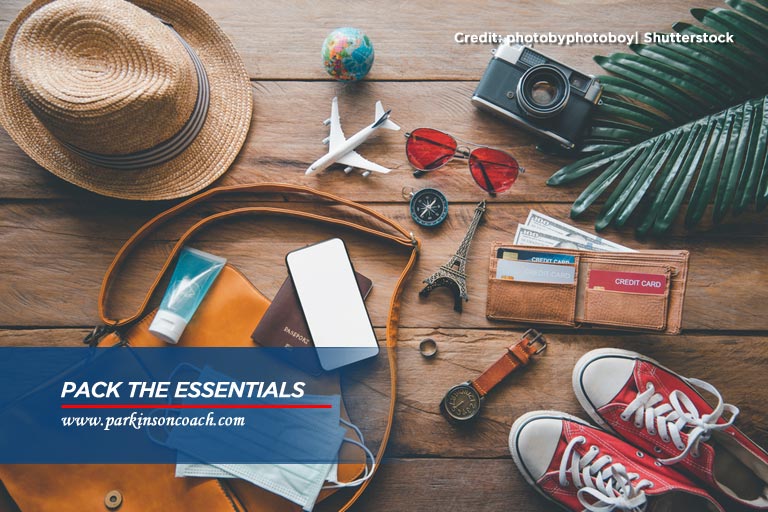
Consider packing essential COVID-19 items besides the usual travel paraphernalia. Each member of the group is responsible for bringing their own masks, but it’s also a good idea to designate a person to be in charge of mask backups. Just in case, you can assign someone to bring extra hand sanitizers and disinfectants, although each member should keep one handy.
Stay on Top of the Weather Forecast
Monitor the weather forecasts both for your destination and along your route before your departure. If there’s a developing hurricane, possible flooding, or severe thunderstorms, you might need to reconsider the date of your trip.
To make your trip more secure and less aggro, what you need is a great bus charter rental from Parkinson Coach Lines. We’ve been providing services in various areas, such as Brampton, Mississauga, and Toronto. For the safety of our clients and drivers, we are strictly following standard COVID-19 protocols. To know more about our services, call us at 905-451-4776 or email us at info@parkinsoncoach.com .







